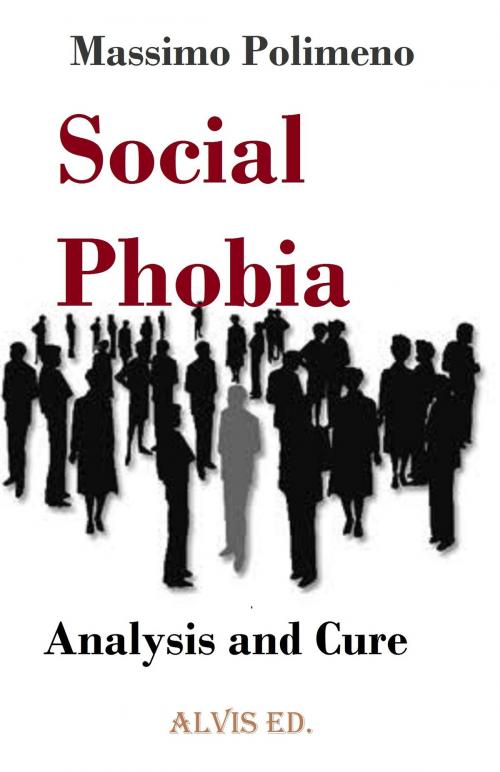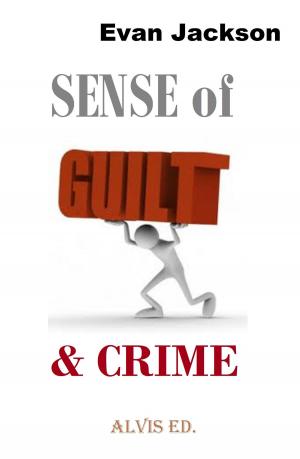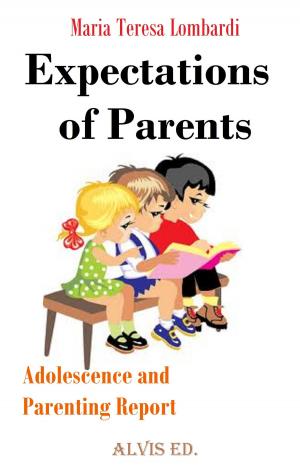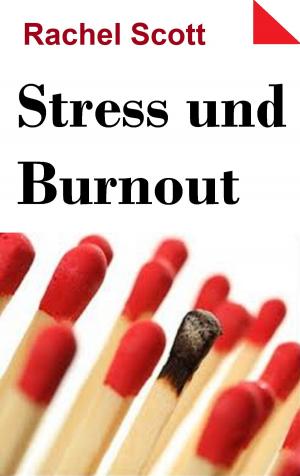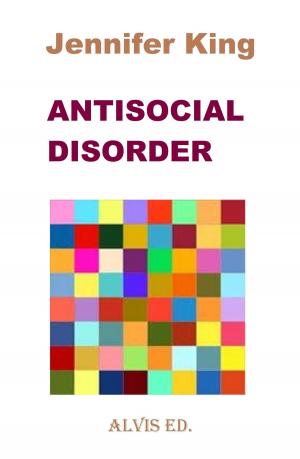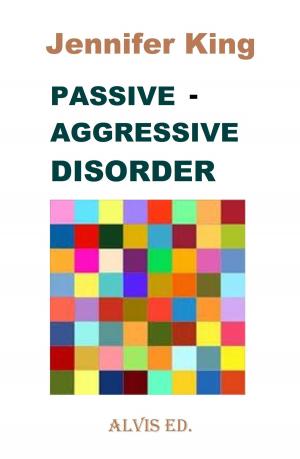Social Phobia: Analysis and Cure
Nonfiction, Social & Cultural Studies, Social Science, Gender Studies, Men&, Health & Well Being, Psychology, Mental Health| Author: | Massimo Polimeno | ISBN: | 9781476137995 |
| Publisher: | ALVIS International Editions | Publication: | July 2, 2012 |
| Imprint: | Smashwords Edition | Language: | English |
| Author: | Massimo Polimeno |
| ISBN: | 9781476137995 |
| Publisher: | ALVIS International Editions |
| Publication: | July 2, 2012 |
| Imprint: | Smashwords Edition |
| Language: | English |
Usually, the situations most feared by those suffering from social phobia are those that involve the need to do something before other people, such as exposing a relationship or just sign up, call or eat can sometimes create anxiety just walk into a room where there are people already seated, or talk with your friend. People who suffer from social phobia are afraid of appearing anxious and show the "signs", i.e. fear of becoming red-faced, trembling, stuttering, sweating, having palpitations, or to remain silent, unable to speak the other, without the joke "ready". Finally, it often happens that those who suffer, when there is a feared situation, recognize their fear as unreasonable and tend, therefore, to accuse and self-reproach for not being able to do things that everyone does. Social phobia, if untreated, tends to remain stable and chronic, and often can lead to other disorders such as depression. This disorder seems typically begin in adolescence or early adulthood. Usually there are two types of social phobia: a simple, when the person concerned or only a few types of situations (for example, is unable to speak in public, but has problems in other social situations such as attending a party or talk with a stranger ); general, when that person is afraid almost all social situations. In more severe and pervasive, we tend to prefer the diagnosis of Avoidant Personality Disorder.
Another characteristic of this disorder is marked anxiety before the feared situations and that is called anticipatory anxiety. Thus, even before addressing a social situation (for example to go to a party or attend a business meeting), people begin to worry about that event. A vicious cycle can take place: the anticipatory anxiety causes a cognitive attitude fearful and anxious symptoms related to feared situations, which can lead to a really poor performance, or perceived as such in the feared situations, which, in turn, determines embarrassment and increased anticipatory anxiety to feared situations, thus establishing a vicious cycle that is self-feeding. As often happens in phobic disorders, people who experience this disorder recognize, when they are away from the feared situations, that their fears just absolutely unreasonable, excessive and silly, bringing to guilt conducted to further their avoidant.
Usually, the situations most feared by those suffering from social phobia are those that involve the need to do something before other people, such as exposing a relationship or just sign up, call or eat can sometimes create anxiety just walk into a room where there are people already seated, or talk with your friend. People who suffer from social phobia are afraid of appearing anxious and show the "signs", i.e. fear of becoming red-faced, trembling, stuttering, sweating, having palpitations, or to remain silent, unable to speak the other, without the joke "ready". Finally, it often happens that those who suffer, when there is a feared situation, recognize their fear as unreasonable and tend, therefore, to accuse and self-reproach for not being able to do things that everyone does. Social phobia, if untreated, tends to remain stable and chronic, and often can lead to other disorders such as depression. This disorder seems typically begin in adolescence or early adulthood. Usually there are two types of social phobia: a simple, when the person concerned or only a few types of situations (for example, is unable to speak in public, but has problems in other social situations such as attending a party or talk with a stranger ); general, when that person is afraid almost all social situations. In more severe and pervasive, we tend to prefer the diagnosis of Avoidant Personality Disorder.
Another characteristic of this disorder is marked anxiety before the feared situations and that is called anticipatory anxiety. Thus, even before addressing a social situation (for example to go to a party or attend a business meeting), people begin to worry about that event. A vicious cycle can take place: the anticipatory anxiety causes a cognitive attitude fearful and anxious symptoms related to feared situations, which can lead to a really poor performance, or perceived as such in the feared situations, which, in turn, determines embarrassment and increased anticipatory anxiety to feared situations, thus establishing a vicious cycle that is self-feeding. As often happens in phobic disorders, people who experience this disorder recognize, when they are away from the feared situations, that their fears just absolutely unreasonable, excessive and silly, bringing to guilt conducted to further their avoidant.
